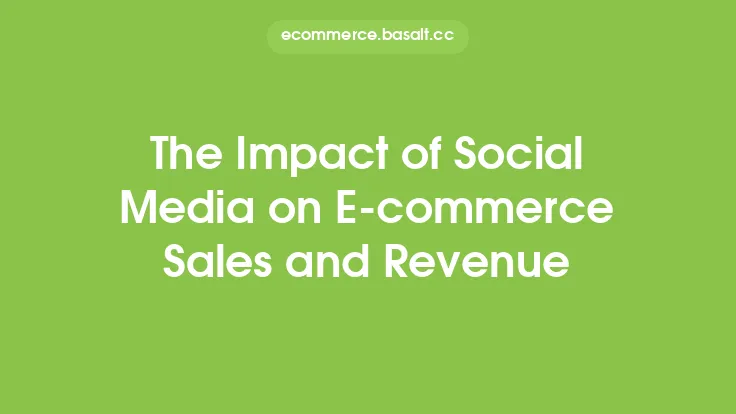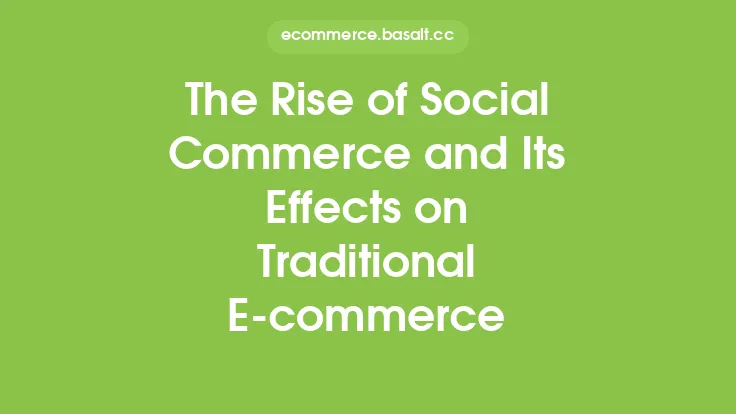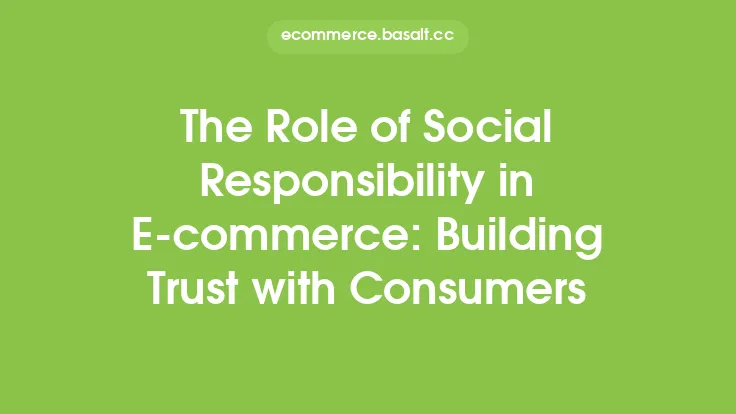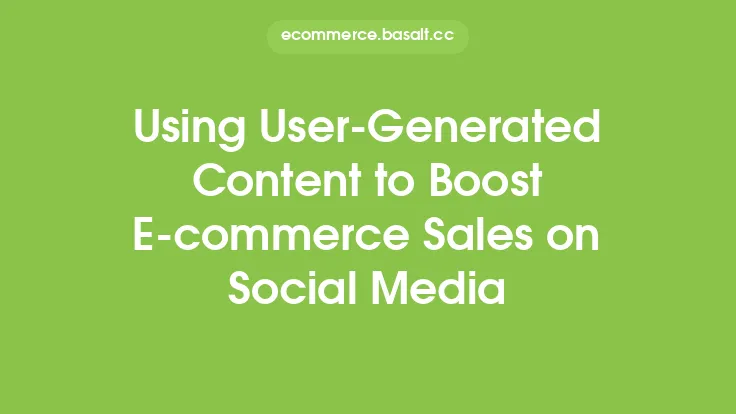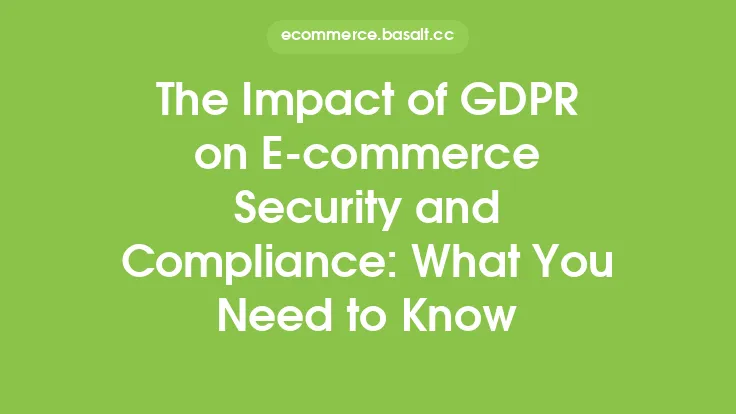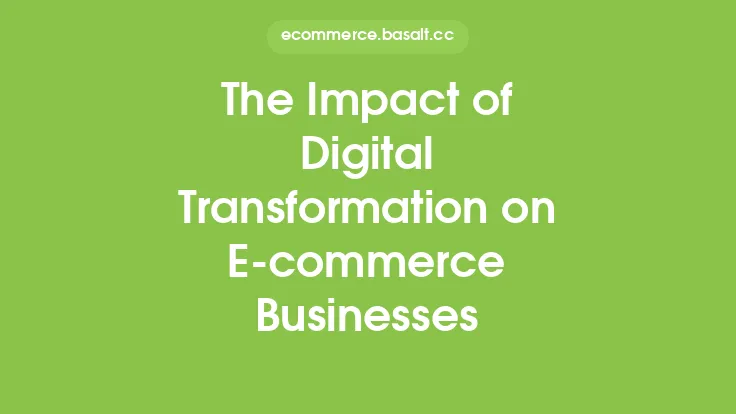The rise of social media has revolutionized the way businesses operate, and the e-commerce industry is no exception. Social media platforms have become an essential tool for online retailers to reach their target audience, build brand awareness, and drive sales. In this article, we will explore the impact of social media on global e-commerce, and how it has changed the way businesses approach online marketing and sales.
Introduction to Social Media and E-commerce
Social media platforms such as Facebook, Instagram, Twitter, and Pinterest have become an integral part of our daily lives. With billions of active users, these platforms offer a vast potential for businesses to reach their target audience and promote their products. E-commerce businesses have been quick to capitalize on this trend, using social media to build brand awareness, engage with customers, and drive sales. Social media has made it possible for businesses to reach a global audience, and has opened up new opportunities for online retailers to expand their customer base.
The Role of Social Media in E-commerce Marketing
Social media plays a crucial role in e-commerce marketing, and is used by businesses to promote their products, build brand awareness, and engage with customers. Social media platforms offer a range of tools and features that make it easy for businesses to create and share content, interact with customers, and track the performance of their marketing campaigns. For example, Facebook and Instagram offer features such as shopping carts and product tags, which make it easy for customers to purchase products directly from the platform. Twitter and Pinterest offer features such as hashtags and keywords, which make it easy for businesses to reach a wider audience and promote their products.
Social Media Advertising and E-commerce
Social media advertising has become a key component of e-commerce marketing, and is used by businesses to reach their target audience and drive sales. Social media platforms offer a range of advertising options, including sponsored posts, display ads, and video ads. These ads can be targeted to specific audiences based on demographics, interests, and behaviors, making it easy for businesses to reach their target audience. Social media advertising has been shown to be highly effective, with many businesses reporting a significant increase in sales and revenue as a result of their social media advertising campaigns.
Influencer Marketing and E-commerce
Influencer marketing has become a popular trend in e-commerce, and involves partnering with social media influencers to promote products and reach new audiences. Social media influencers have built large followings on platforms such as Instagram and YouTube, and have become trusted authorities in their niche. By partnering with influencers, businesses can reach new audiences and build credibility with potential customers. Influencer marketing has been shown to be highly effective, with many businesses reporting a significant increase in sales and revenue as a result of their influencer marketing campaigns.
Social Media and Customer Engagement
Social media has also changed the way businesses engage with customers, and has made it possible for businesses to build relationships with customers and provide customer support. Social media platforms offer a range of tools and features that make it easy for businesses to interact with customers, respond to customer inquiries, and provide customer support. For example, Facebook and Twitter offer features such as messaging and chatbots, which make it easy for businesses to provide customer support and respond to customer inquiries.
Measuring the Success of Social Media in E-commerce
Measuring the success of social media in e-commerce is crucial, and involves tracking key metrics such as website traffic, sales, and customer engagement. Social media platforms offer a range of analytics tools that make it easy for businesses to track the performance of their social media campaigns and measure the success of their social media marketing efforts. By tracking these metrics, businesses can refine their social media marketing strategy and make data-driven decisions to optimize their marketing efforts.
Best Practices for Social Media in E-commerce
There are several best practices that businesses can follow to get the most out of social media in e-commerce. These include creating high-quality content, engaging with customers, and using social media advertising to reach new audiences. Businesses should also track the performance of their social media campaigns and refine their marketing strategy based on the data. By following these best practices, businesses can build a strong social media presence, drive sales, and succeed in the competitive world of e-commerce.
The Future of Social Media in E-commerce
The future of social media in e-commerce is exciting, and is likely to involve the use of new technologies such as artificial intelligence and augmented reality. Social media platforms are continually evolving, and are offering new features and tools that make it easy for businesses to create and share content, interact with customers, and drive sales. As social media continues to play a larger role in e-commerce, businesses will need to stay ahead of the curve and adapt to the latest trends and technologies. By doing so, businesses can build a strong social media presence, drive sales, and succeed in the competitive world of e-commerce.
